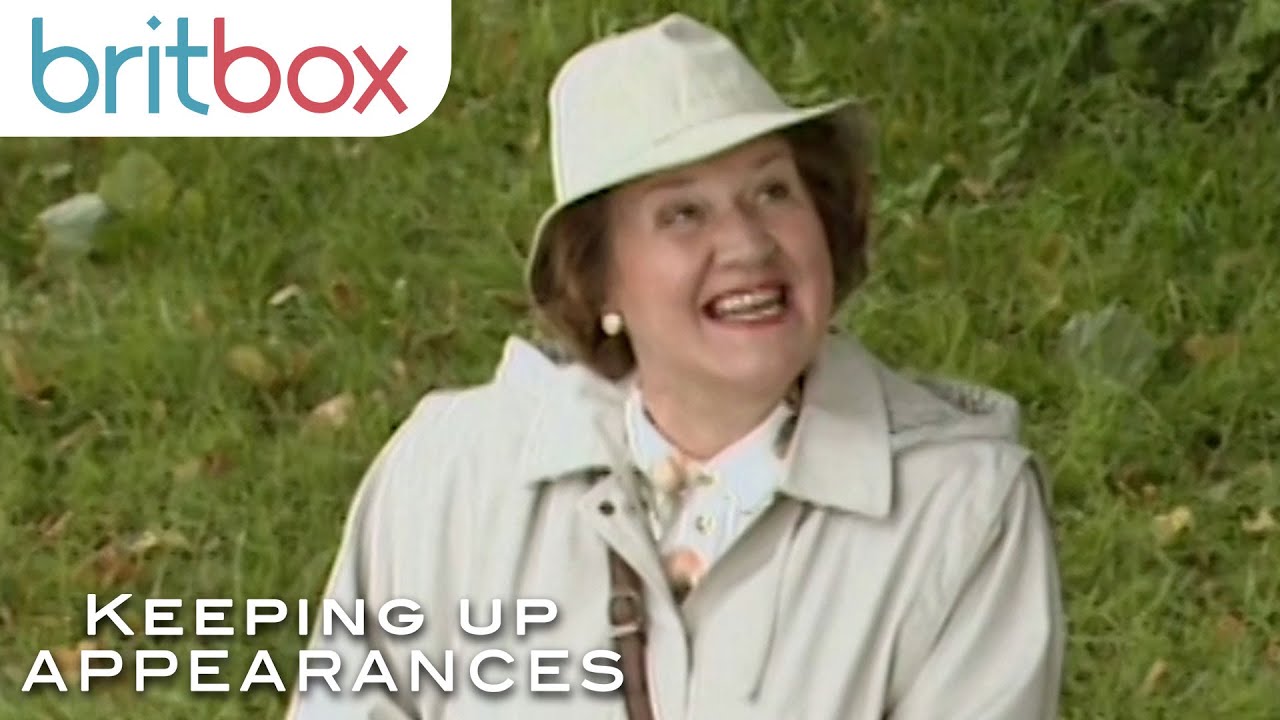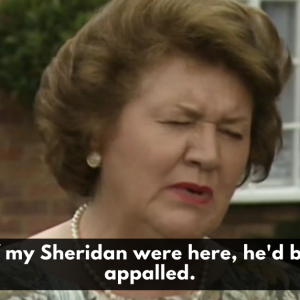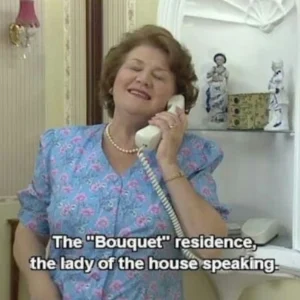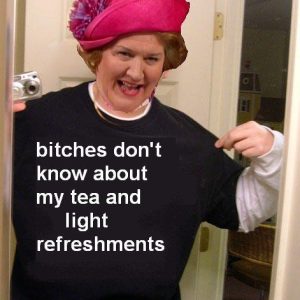A New Voice for a Classic Tale: Imelda Staunton Reignites Talking Heads with Bold Reimagining of Irene Ruddock
The BBC’s new adaptation of Talking Heads, the revered monologue series by Alan Bennett, opened with a striking and emotionally layered performance from acclaimed actress Imelda Staunton. Stepping into the shoes of the formidable Patricia Routledge, who originally portrayed the troubled Irene Ruddock in the now-iconic A Lady of Letters, Staunton faced an unenviable challenge—reviving a role so etched into the collective memory of British television without merely imitating its legendary predecessor.
The result? A performance that stirred admiration, sparked debate, and ignited a wave of nostalgia and comparison among longtime fans of the series.
A Legacy Revisited
First airing in 1988, Talking Heads marked a turning point in British drama, transforming the monologue from theatrical niche to televised art form. Among the most unforgettable of those original half-hour stories was A Lady of Letters, which introduced viewers to Irene Ruddock—a lonely, embittered woman whose compulsive letter-writing masks a deeper emotional fragility. Patricia Routledge’s performance as Irene earned her a BAFTA nomination and the monologue itself found a permanent place in educational curriculums, from GCSE to A-level literature.
In the 2020 revival—produced under the unique constraints of the coronavirus lockdown and filmed at Elstree Studios with strict social distancing protocols—Staunton brings her own formidable talents to the role. Known for her Oscar-nominated turn in Vera Drake and stage roles that blend psychological complexity with searing emotional depth, Staunton is no stranger to playing women on the edge of despair or transformation.
The New Irene Ruddock: Cold Precision or Quiet Desperation?
Staunton’s portrayal of Irene is notably more understated than Routledge’s, trading theatricality for nuance. Where Routledge emphasized Irene’s imperious tone and passive-aggressive moral righteousness, Staunton internalizes much of her pain, delivering a performance laced with restraint, anxiety, and aching solitude. It’s a reinterpretation that speaks to a modern audience—one more attuned to the quiet symptoms of isolation and mental decline.

The story unfolds with Irene’s obsessive scrutiny of her neighbours, particularly a young couple she believes to be neglecting their child. Her letter-writing campaign, at first seemingly righteous, spirals into a disturbing display of self-importance and moral policing. The dramatic pivot comes with the heartbreaking revelation that the child she was so determined to “save” had died in hospital from leukemia, and the parents’ grief had been misread as cruelty.
When Irene is confronted by police and later receives a suspended sentence for harassment, the façade of superiority crumbles. Yet, in a haunting twist, Irene seems to find freedom and a sense of belonging in prison—a tragic commentary on the isolating effects of modern life.
Fans React: Reverence Meets Resistance
As expected with any reinterpretation of a beloved work, reactions were swift and impassioned. Social media buzzed with commentary, much of it centered around comparisons between Staunton and Routledge.
“I know I’m watching Imelda Staunton but I can’t help thinking about Patricia Routledge. A Lady of Letters #TalkingHeads,” wrote one viewer on Twitter.
Another remarked, “Imelda Staunton, good as she is, shows just how brilliant Patricia Routledge was in this part. In comparison, this is just recitation with accent slips. #TalkingHeads #ALadyOfLetters.”
A third chimed in: “Maybe I’m being picky but I think Patricia Routledge did it better. #TalkingHeads.”
Yet others praised Staunton’s daring performance. “I love Imelda Staunton. However, I can still hear the cadence of Patricia Routledge! #TalkingHeads is great TV,” one fan commented, acknowledging the strength of both portrayals.
The debate reveals more than a simple preference for one actress over another—it taps into how we engage with cultural legacy. Routledge’s performance is woven into the fabric of British television history, while Staunton’s must stand not just as a tribute, but as a fresh perspective for a new era.
Alan Bennett’s Timeless Voice
Central to this adaptation’s power remains the writing of Alan Bennett, whose work continues to pierce the soul of the ordinary. His monologues are not just character studies; they are quiet indictments of society’s neglect, of how loneliness, repression, and class assumptions can warp lives in invisible ways.
In this latest series, Bennett adds two new stories to the ten original monologues, making it a timely and significant artistic project. With each performance recorded during lockdown, these intimate pieces take on added poignancy. The characters—often alone, often unheard—feel eerily in sync with the isolation experienced during the global pandemic.
A Risk Worth Taking
Replacing Patricia Routledge in A Lady of Letters may have seemed a nearly impossible task, but Imelda Staunton’s willingness to inhabit the character on her own terms deserves recognition. Her performance is less about eclipsing a classic than revealing new textures within it.
As audiences debate, analyze, and rewatch, one truth stands firm: Talking Heads remains one of British television’s most daring narrative experiments. In an age of ensemble casts and sprawling epics, it reminds us that one voice, if written with depth and performed with honesty, can command an entire stage.
With this bold revival, the BBC hasn’t just resurrected a series—it has reignited a conversation about storytelling, legacy, and the emotional weight of quiet lives. Whether you side with Routledge or Staunton, the fact that Talking Heads still provokes such passion is a testament to its enduring brilliance.
As more episodes roll out, featuring actors like Jodie Comer, Martin Freeman, and Sarah Lancashire, the nation will undoubtedly continue to debate, dissect, and rediscover the power of the monologue—and the performers courageous enough to take it on.





